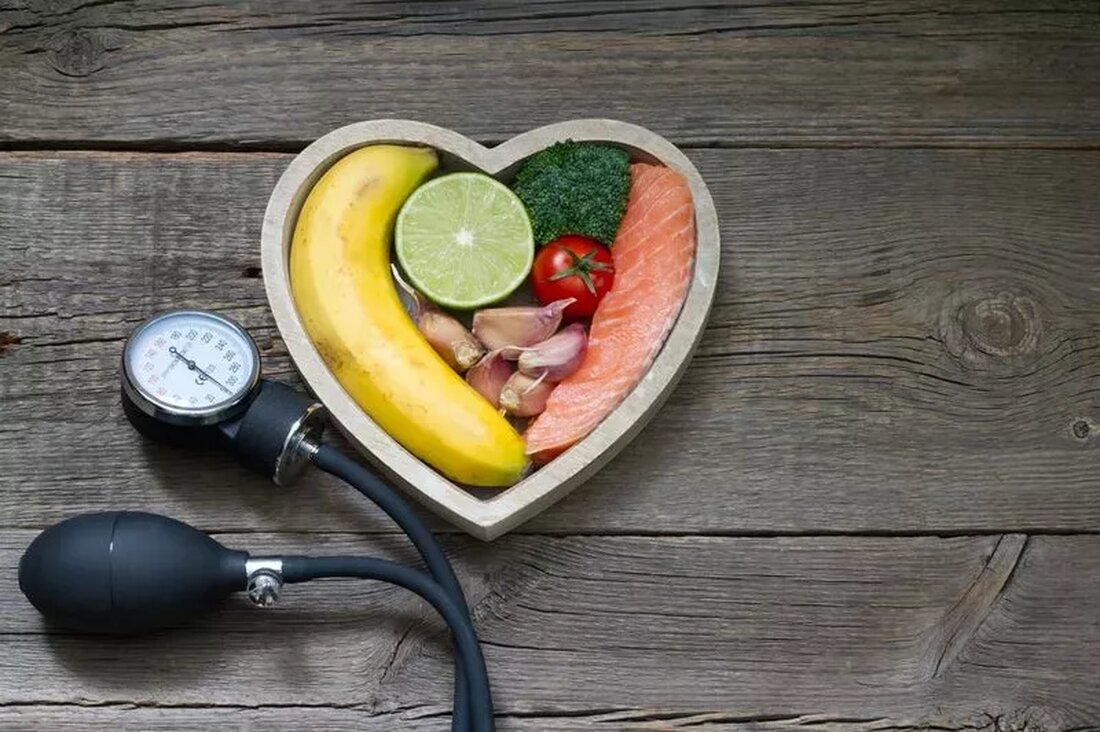Green Tea: Anti-inflammatory and cardiovascular benefits
Green Tea: Anti-Inflammatory and Cardiovascular Benefits By Prof. Gene Bruno, MS, MHS, RH(AHG) Huntington College of Health Sciences For more than 3,000 years, green tea has been consumed as a refreshment and for its health-promoting properties. In later years, this includes green tea extract in supplement form for a variety of benefits. The most important of these are its well-established antioxidant benefits1-3 and its thermogenic/fat-oxidizing properties for weight loss.4-6 However, less known are the anti-inflammatory and cardiovascular benefits of green tea. Anti-inflammatory activity Green tea contains a group of flavanols known as catechins, including epigallocatechin gallate (EGCG) and others. These catechins have an anti-inflammatory...

Green Tea: Anti-inflammatory and cardiovascular benefits
Green Tea: Anti-inflammatory and cardiovascular benefits
By Prof. Gene Bruno, MS, MHS, RH(AHG) Huntington College of Health Sciences
For more than 3,000 years, green tea has been consumed as a refreshment and for its health-promoting properties. In later years, this includes green tea extract in supplement form for a variety of benefits. The most important of these are its well-established antioxidant benefits1-3 and its thermogenic/fat-oxidizing properties for weight loss.4-6 However, less known are the anti-inflammatory and cardiovascular benefits of green tea.
Anti-inflammatory activity
Green tea contains a group of flavanols known as catechins, including epigallocatechin gallate (EGCG) and others. These catechins have anti-inflammatory activity, as shown by a reduction in the following inflammatory markers: leukotriene-B4, 5-lipoxygenase,7 COX-2 and nitric oxide synthase.8 In addition, EGCG and other catechins in green tea could reduce inflammation and protect cartilage by inhibiting proteoglycan and collagen degradation,9 which has positive effects can affect the joints, as has been observed in laboratory models of rheumatoid arthritis.10 Other examples of green tea's anti-inflammatory effects include reduction in gum inflammation,11 protection against sunburn inflammation,12 and a reduction in a marker of chronic inflammation as a cardiovascular risk factor.13
Cardiovascular health
A population-based study14 of 40,530 healthy adults aged 40 to 79 years found that consuming 3 or more cups of green tea daily for 11 years significantly reduced the risk of cardiovascular and all-cause mortality compared to consuming less than one cup daily. This association was primarily associated with a reduction in the risk of stroke (cerebral infarction). Connection. In another population study of 1,371 men aged 40 years or older, increased daily consumption of green tea resulted in significantly reduced serum levels of total cholesterol, LDL cholesterol (bad cholesterol), and triglycerides, while HDL cholesterol (good cholesterol) increased. In addition, there was a decrease in other serum markers of liver disease, particularly when more than 10 cups of green tea were consumed daily.
Conclusion
Green tea has many health benefits to offer and it is worth encouraging patients to incorporate it into their daily routine. Drinking a few cups of green tea every day or, better yet, using a polyphenol-rich green tea extract offers a wealth of health benefits, including anti-inflammatory and cardiovascular benefits.
References
1. Vertuani S., Bosco E., Braccioli E., Manfredini S. . Water-soluble antioxidant capacity of various teas - determination by photochemiluminescenceNutrafoods. 2004;3(2):5-11 2. Luo M, Wahlqvist M and O’Brien R. Inhibition of LDL oxidation by green tea extract.lancet. February 1, 1997; 349 (9048): 360-1. 3. Henning SM, Niu Y, Lee NH, et al. Bioavailability and antioxidant activity of tea flavanols following consumption of green tea, black tea, or a green tea extract supplement.Am J Clin Nutr2004;80(6):1558-64. 4. Wu CH, Lu FH, Chang CS, Chang TC, Wang RH, Chang CJ. Relationship between habitual tea consumption, percent body fat and body fat distribution.Obes Res.2003 Sep;11(9):1088-95. 5. Dulloo AG, Duret C; Rohrer D, et al. Efficacy of a green tea extract rich in catechin polyphenols and caffeine in increasing 24-hour energy expenditure and fat oxidation in humans.Am J Clin Nutr1999; 70(6):1040 5. 6. Auvichayapat P, Prapochanung M, Tunkamnerdthai O, et al. Effectiveness of green tea for weight loss in overweight Thais: A randomized controlled trial.Physiol. Behave2008;93(3):486-91. 7. Choi JH, Chai YM, Joo GJ, et al. Effects of green tea catechin on polymorphonuclear leukocyte 5′-lipoxygenase activity, leukotriene B4 synthesis and kidney injury in diabetic rats.Ann Nutr Metab2004;48:151-5. 8. Ahmed S, Rahman A, Hasnain A, et al. The green tea polyphenol epigallocatechin-3-gallate inhibits IL-1 beta-induced activity and the expression of cyclooxygenase-2 and nitric oxide synthase-2 in human chondrocytes.Free Radical Biol Med2002;33:1097-105. 9. Adcocks C, Collin P, Buttle DJ. Catechins from green tea (Camellia sinensis) inhibit proteoglycan and type II collagen degradation of bovine and human cartilage in vitro.J Nutr2002;132:341-6. 10. Haqqi TM, Anthony DD, Gupta S, et al. Prevention of collagen-induced arthritis in mice by a polyphenolic fraction from green tea.Proc Natl Acad SciUSA 1999;96:4524-9. 11. Krahwinkel T, Willershausen B. The effect of sugar-free green tea chews on the degree of inflammation of the gums.Eur J Med Res2000;5:463-7. 12. Rhodes LE, Darby G, Massey KA, Clarke KA, Dew TP, Farrar MD, Bennett S, Watson RE, Williamson G, Nicolaou A. Oral green tea catechin metabolites are incorporated into human skin and protect against UV radiation from skin inflammation associated with reduced production of the pro-inflammatory eicosanoid 12-Hydroxyeicosatetraenoic acid.Br J Nutr.September 14, 2013;110(5):891-900. 13. Nantz MP, Rowe CA, Bukowski JF, Percival SS. A standardized Camellia sinensis capsule reduces cardiovascular risk factors in a randomized, double-blind, placebo-controlled trial.Nutrition. 2009 Feb;25(2):147-54. 14. Kuriyama S, Shimazu T, Ohmori K, et al. Green tea consumption and mortality from cardiovascular disease, cancer and all-cause mortality.JAMA2006;296:1255-65.
Professor Gene Bruno, MS, MHS, the provost for Huntington College of Health Sciences, is a nutritionist, herbalist, writer and educator. For more than 37 years, he has educated and trained natural products retailers and healthcare professionals, researched and formulated natural products for dozens of dietary supplement companies, and written articles on nutrition, herbal medicine, nutraceuticals, and integrative health topics for trade and consumer magazines and peer-reviewed publications. He can be reached at gbruno@hchs.edu.
- Entzündungshemmende Aktivität
- Vorteile
- Herz-Kreislauf-Gesundheit
- Cholesterin
- grüner Tee
- HD:
- LDL
- Prof. Gene Bruno Blog
Read original article in English.

 Suche
Suche
 Mein Konto
Mein Konto
